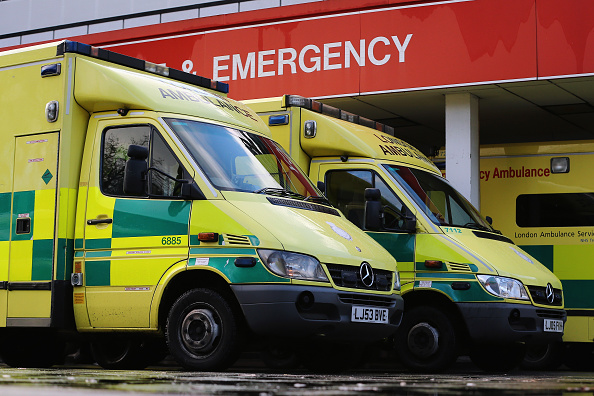
The South East Coast Ambulance Trust, the NHS ambulance service covering southeast England, is currently embroiled in a controversy after a whistleblower revealed how they counted life-threatening 999 calls as a hit under their 8-minute policy even if no help has been extended.
The trust runs several guidelines on evaluating life-threatening calls and medical assistance provided to patients, such as those with cardiac arrests. For example, Red 2 calls, which are serious cases that demand urgent care, are under the 8-minute response time. It's considered a hit when care is provided by a rapid response vehicle, ambulance, or defibrillator that can be accessed by someone who has sufficient training on how to use it. Under the trust's rules, the 999 caller must be asked first whether someone can get hold of the device before the 8-minute policy applies.
However, based on the report of Telegraph UK, the trust was able to manipulate these hits by simply making sure that the defibrillators are within 250 meters away from the patient or they are on hand. It therefore doesn't matter whether the device was actually being used or the patient's condition would ever have a need of it, such as those with breathing issues or stroke. The whistleblower also shared that the trust had deployed a mapping tool called webdefib, which determined which among the calls didn't reach the 8-minute target but pinpointed the location of the defibrillator. As long as they are within acceptable distance, the call is considered a hit. So far, in a data report leaked, the tool was used more than 5,000 times.
One of the possible reasons for the alleged manipulation is to let the trust reach minimum percentage targets on life-threatening cases, as imposed by NHS, which is at 75%. In 2014, the trust reached 75.3% on 8-minute response time, but it's revealed that they could have missed it if call reclassification was not implemented.
The whistleblower believed that this should be a cause of concern among the public as the manipulation prevents creating the real picture on emergency health care. As an example, an emergency in the rural area would still be presented as responded within 8 minutes even if the ambulance would take 30 minutes to arrive simply because there's a public defibrillator around.
